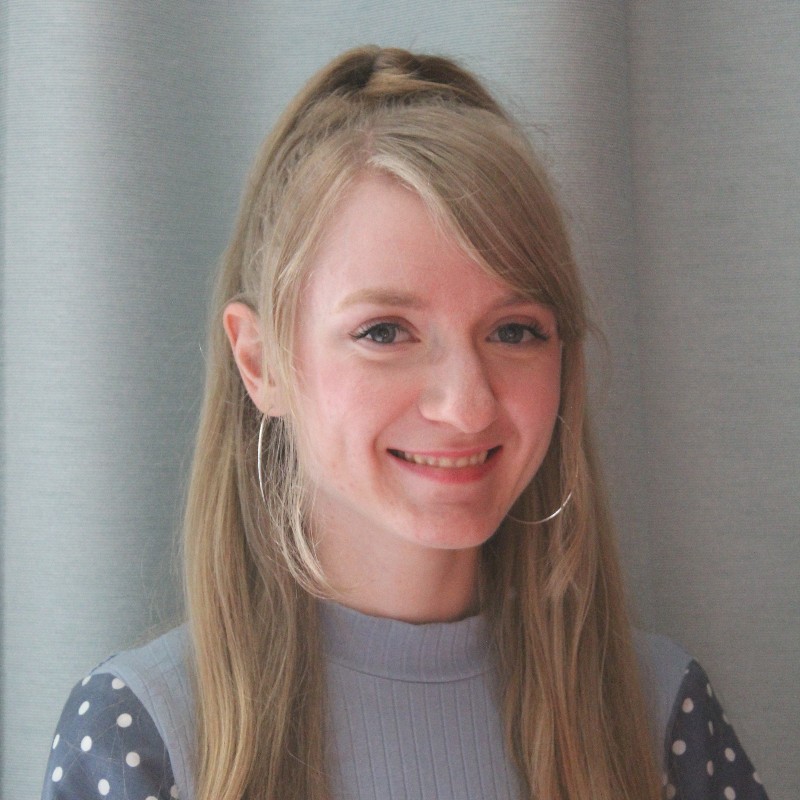Meet Aurore Roland, our guide into the science behind good sleep at the upcoming 16th NYRA Meeting in Brussels (May 27th-29th).
Dra. Aurore Roland obtained her master’s degree in clinical psychology from the Vrije Universiteit Brussel (VUB) in 2021. The same year she became a European Sleep Research Society-certified expert in behavioural sleep medicine. She has worked in several sleep clinics and is currently working on a PhD on insomnia and its treatment at the VUB. She also counsels children and adults with nightmares or insomnia through cognitive behavioural therapy. Her first book ‘Wat dromen ons (niet) vertellen’ (What dreams (don’t) tell us) will be published in June, which explains scientific knowledge about dreams in an accessible way.
You are a clinical psychologist, nightmare therapist, and a PhD student. What made you decide to take on such a career path?
Like many psychologists, I pursued these studies because I wanted to help people. I’ve always enjoyed statistics and I like a challenge, so doing a PhD seemed right up my alley. During my psychology studies, I did my internship in a sleep lab and that’s where I developed a passion for the fascinating world of sleep. To me, it was crystal clear then that I wanted to continue in this field. My internship supervisor, Prof. Dr. Olivier Mairesse, is also a professor at the VUB, so I naturally started a PhD under his supervision. The topic of my PhD is very clinical, so it has always been important to me to do some clinical work alongside my scientific activities.
Could you name a moment of challenge (and which lesson did you learn from it)?
The most challenging part of my PhD so far has been to learn to accept being dependent on slow and inefficient people. I’ve had to be creative and find useful things to do while I’m waiting on them.
What was the greatest success in your career?
I’m a bookworm, so unsurprisingly writing a book was a secret ambition of mine. I imagined I might achieve this dream by the time I’m 50 and an established researcher in my field. Never in a million years did I expect to be contacted by an editor who had read an interview with me and to publish a book at only 25 years.
Which advice would you give to other young researchers?
Research something that you’re passionate about: it will make setbacks easier to digest.

